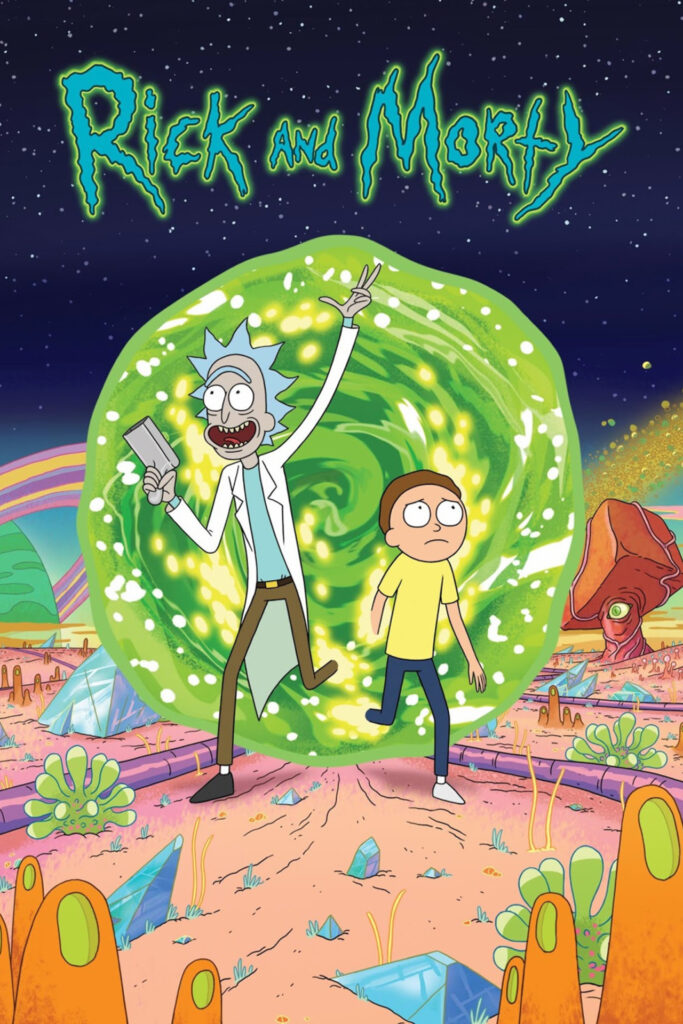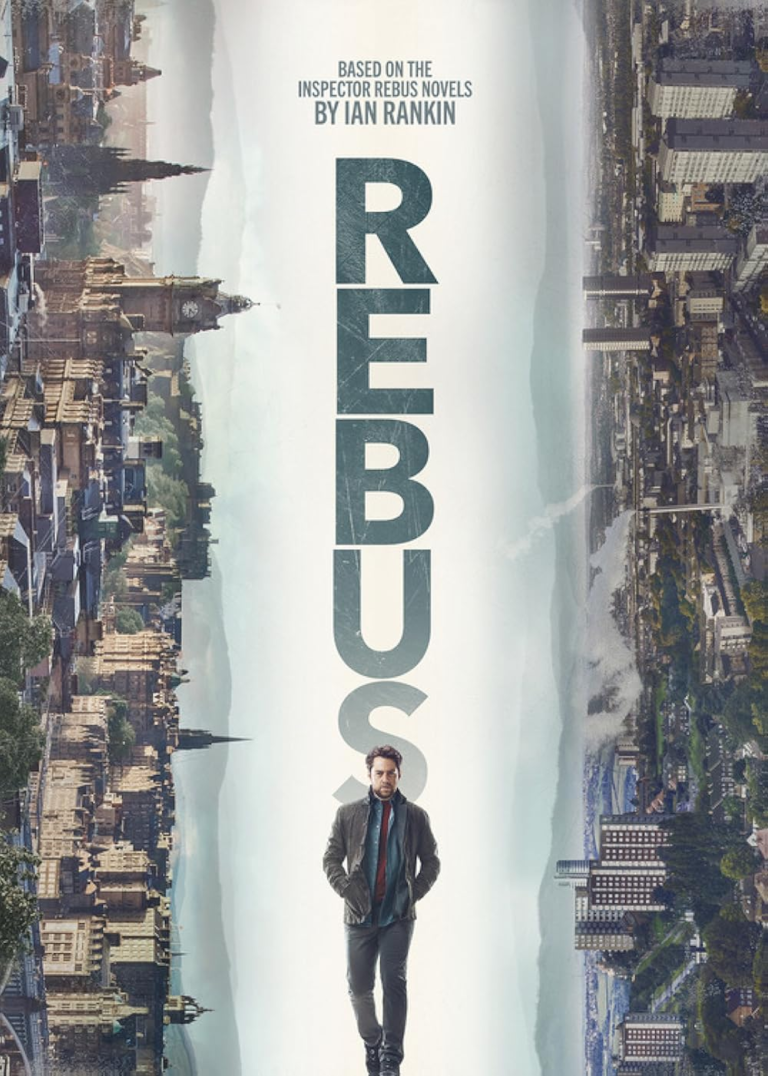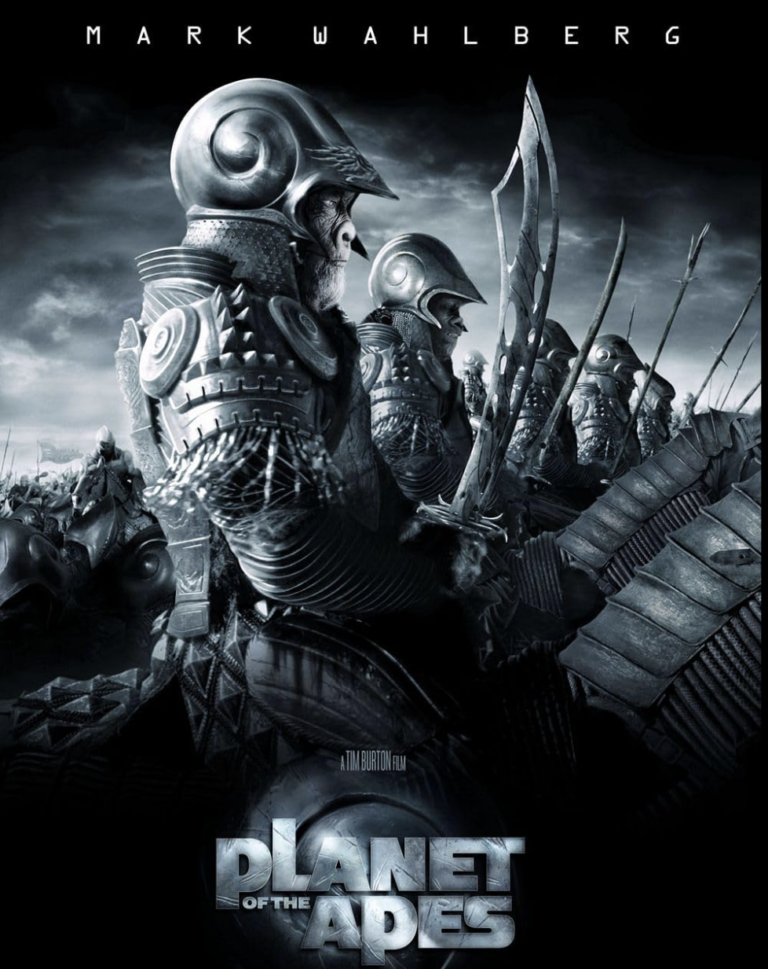Rick and Morty Christian Review

“Rick and Morty” is one of those shows that really makes one reflect. It is not your usual animated series, as it tackles deep stuff. You got Rick, this genius scientist who is such a mess his whole life, always drinking, dragging his poor grandson Morty into these crazed adventures through the dimensions. In comparison, Morty’s only a nervous kid who wants to get through life and work his way with all of Rick’s wild schemes.
The Family Dynamic: A Christian Perspective
So, what’s going on with the family dynamic here? It looks crazy. Rick comes back into his daughter’s life after years of being away, and well—he isn’t up for Father of the Year by any stretch. His daughter Beth is trying to hold things together with her husband, Jerry—who, well, let’s just say isn’t the sharpest tool in the shed. Then there are their two kids, Summer and Morty. Summer is just another little teenage girl attempting to be a rebel, and Morty, well, is just trying to make it through.
Family is central in Christianity. We are taught respect towards our parents and to teach our children with loving discipline. Rick’s relationship status with his family is pretty strained. And the bad part about it all—because of his selfishness and sometimes heedlessness to consequences—it puts his loved ones in danger. We learn from Rick: how one can live with integrity, considering the impact of our actions on the world around us.
Moral Quandaries and Ethical Dilemmas
Now, for the heavy stuff: “Rick and Morty” isn’t scared to jump into some serious moral dilemmas. It delves on a number of things like nihilism—the belief that life has no meaning. Rick, with his genius and portal gun, traverses dimensions, doing pretty much anything. Should he? His underlying actions come out to be chaotic and cause suffering. As Christians, we were brought up to live lives that served a good meaning, finding sweetness and good tiding. Rick’s way of life is so far from this.
In addition, the show is also imbued with several ethical dilemmas. It might be claimed that Morty is anxious and slow; therefore, he continually gets entangled in situations from which he has to make very difficult choices. Should he go with what Rick wants when he knows deep down it goes against his conscience? These are those sorts of questions that hit us and invite our reflections upon the decisions we make and the consequences that follow.

Dark Humor and Its Bounds
Now, to comment on the humor: “Rick and Morty” is known for its dark, sharp wit. It is witty; it is sharp—well, pretty disturbing at times. As Christians, we know that we have to be mindful of what we find light-hearted by nature. Pretty often, it’s full of violence, substance abuse, and worldviews that are very nihilist in nature. That in itself isn’t bad, but the way it unfolds with humor in “Rick and Morty” sometimes goes off the rails of what our faith values would hold as acceptable.
At the same time, these very human, warm moments come out in the show. Morty’s caring for others despite his situation reflects that sometimes a shining of good may exist in the most unsavory of places. It reminds us that we are all flawed before betterment in a crazy and often uncertain world.
Reflections of Redemption and Grace
One of the themes that comes up from time to time in “Rick and Morty” is redemption. Despite being despicable and destructive, Rick somehow manages to have moments wherein he appears to feel a slight twinge of guilt or even tries to atone for his actions. As Christians, we think about redemption and grace. We forgive others as we ourselves are forgiven. On the other hand, this show constantly questions how a person really knows when repentance is true and not just a case of wanting to assuage guilt or preserve self-interest.
The case of Rick raises questions about the nature of change and whether, in fact, any real change is possible, given that it is not controlled by some higher moral power. Here, his sharp scientific brilliant mind contrasts with his morally bereft persona to emphasize the limits of human intellect and a yearning for spiritual guidance.
Conclusion: A Balanced View
The conclusion that should be drawn from the previous argument is that “Rick and Morty” is a provoking and reflective series. It pushes us to consider moral issues, the importance of family dynamics, and where humor should stop. As Christians, we could enjoy its creativity and those few revelatory glimpses into the human condition it accidentally allows. At the same time, though, we do need to look upon this series with biblical discernment by noting where its themes and content go against biblical teachings.
Though the show does not represent every ideology of Christianity, it does encourage discussion and reflection. It reminds us of the precariousness of the human experience and the pervasive nature of meaning-mongering and relationship-building. Ultimately, how we find meaning within media like “Rick and Morty” reflects our own journey of faith and understanding amidst diversity and a world in constant flux.





